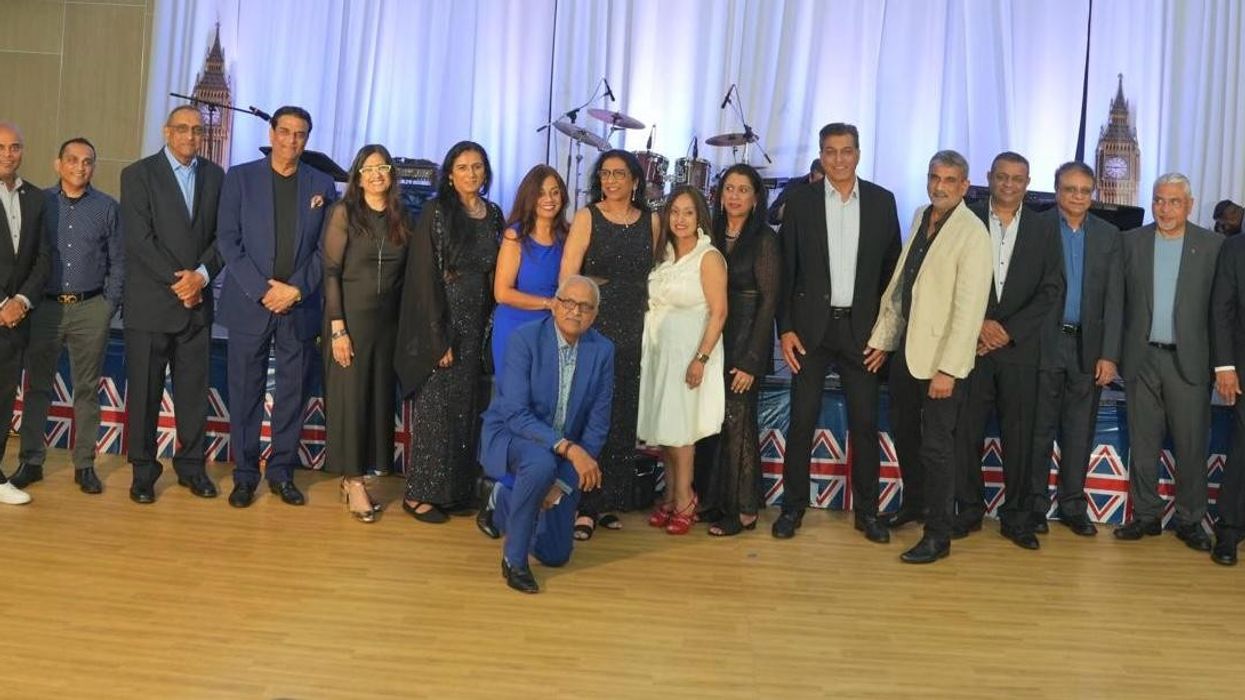MORE THAN 300 people of Indian heritage, who grew up in Walsall and surrounding areas, attended a reunion held in the US earlier this month.
The event marked the journeys of UK-born or raised individuals with Indian roots now living across the US, organisers said.
Dhansukh Patel, former chair of Asian American Hotel Owners’ Association, arranged the Walsall Group USA Reunion 2025, held from May 8-11, at the Quality Inn in Atlanta, Georgia.
According to a statement, people travelled from across the United States to reconnect with childhood friends, neighbours and classmates they had not seen for decades. Many shared memories of growing up in terraced houses, walking to school through snow, and attending community gatherings in their former neighbourhoods.
“We left Walsall years ago, but this weekend reminded us of our humble roots, and we know we are who we are because of those roots,” said one participant.
Senior citizens in their eighties shared heartfelt stories of their immigration experiences and the sacrifices they made for future generations.
Participants spoke of their parents’ experiences settling in Britain and the bonds formed in Indian communities throughout the Black Country region.
Evening entertainment featured karaoke nights, where participants performed Bollywood songs and ABBA hits. A 1970s and 1980s band provided music on one evening, while a live Indian band performed during the gala night.
The programme also included a health and wellness session addressing sleep management.
Organisers said there are plans for similar events in future, as attendees expressed their desire to maintain the connections renewed during the weekend.




